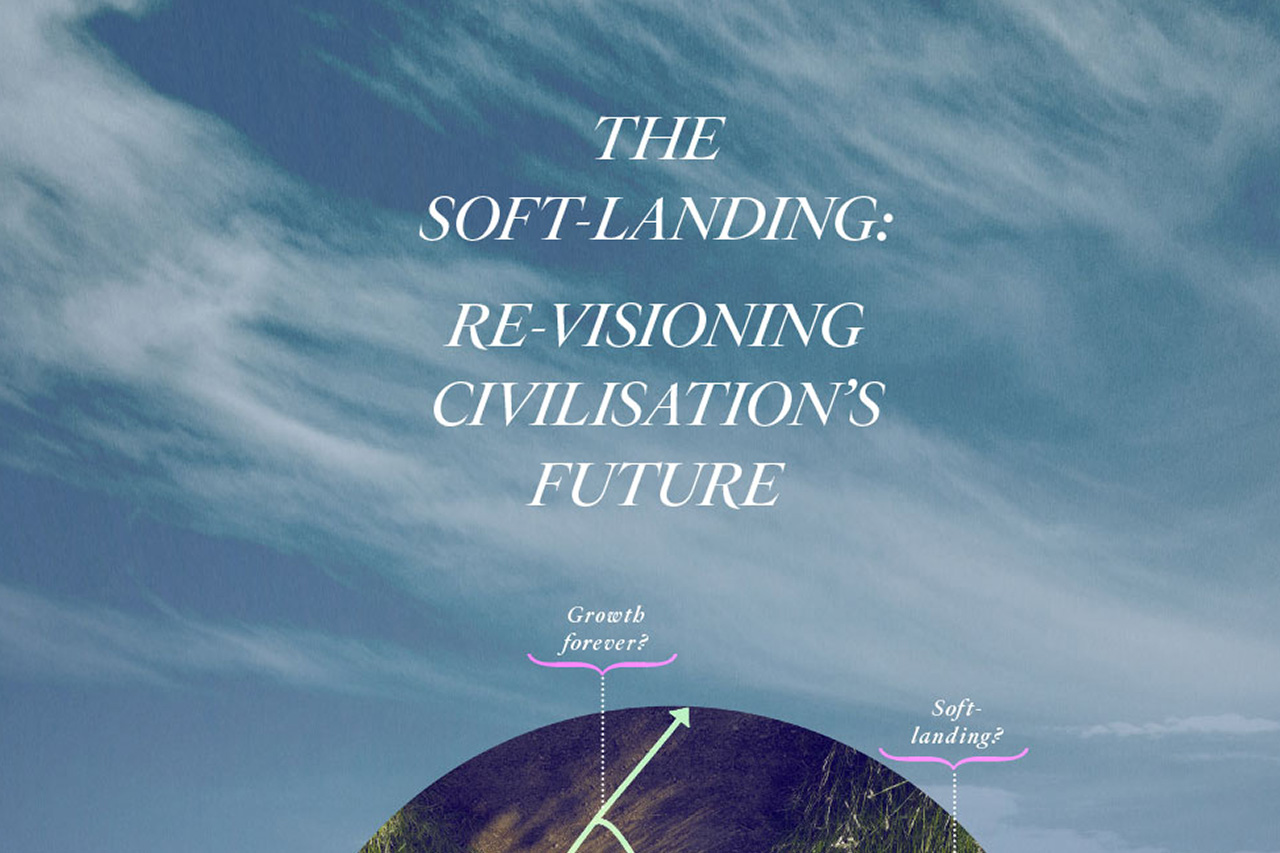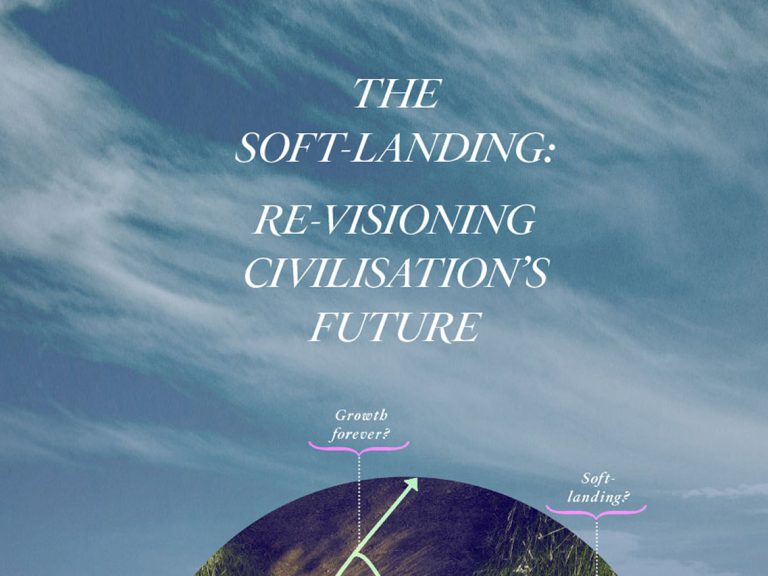I read Rick Boven’s new book The Soft Landing: Re-Imagining Civilisation’s Future while on a New Year’s break. Below where I was staying the sea looked beautiful and pristine – what a strange contrast to the destruction and disaster he warns that is looming to our environment.
But the book and what Boven has to say about the future for all of us affected me much more than the glimpse of sea and shoreline. It helped support my sense of hope.
Boven calls for a completely new way of approaching the vital goal of halting our planet’s slide into manmade destruction. I agree and I want to tell you why it strikes a chord with me.
Boven’s book encourages us look at the environment in a different way. By doing that we escape from old, tired, no-longer working constructs that now limit our human, environmental and business opportunities.
He calls for new approaches, new ways of enthusing mass populations to understand the situation we are in, explain new ways to address the threat and to design our responses to the huge challenges we face.
“But the book and what Boven has to say about the future for all of us affected me much more than the glimpse of sea and shoreline. It helped support my sense of hope.”
The book suggests aiming for a ‘soft-landing’. Boven explains ‘soft-landing’ as a proposal to align the size of the world’s economy with the capacity of the environment to support it, through a managed and minimally disruptive process. This process would aim to reduce the damage on the environment caused by human activity.
Boven says achieving a ‘soft-landing’ would require a widespread shift in thinking by enough people in the world to change the world’s goals and incentivize people to make permanent changes to their activities.
He gives his reasons for writing the book as an opportunity to tell ordinary people about the real risks of environmental damage, so they can create pressure from the bottom up to their leaders to do something about it.
In key ways, Boven’s approach mirrors my own in that I believe changes to the way we live and work must happen. But who makes the first move? The chicken or the egg? The producer or the consumer? Who is going to sacrifice anything now for a future we might not see?
My role is as a consultant, so in considering Boven’s call to action I must refer to one of the key tenets of system design and that is to understand the needs of people and their varying reactions to change.
Few people react well to having new ways forced upon them when there’s no disaster yet evident. Or let’s say, the cost of change now outweighs the cost of preparing for a perceived level of threat.
Farming in New Zealand is a classic case. Our government released land and water policies in the hope the sector would connect resource husbandry with international market growth for their products. From a systems design point of view a huge mistake occurred when not enough effort was made to understand how to connect with the humans in the game. All farms and farmers are not the same and a blanket approach is doomed to failure.
All attempts at mitigating climate change must offer hope that our efforts will matter and all players can win. Change must be aspirational and grounded in an individual’s reality.
“A different skill set is needed to support the most change, in the largest cohort, in the shortest time. This is human understanding – empathy and co-learning.”
When you are campaigning for change the group to target is a very large sector of farmers who know that change is upon them but are bewildered by the enormity of the task. Having identified this group, our aim must be to provide moral support, not overwhelm with science. It is incumbent on us to offer them support to untangle the scale of the task, discover their own capacity for change and to confidently take action. A different skill set is likely to make the most change in the shortest time and that is human understanding – empathy and co-learning.
We all have a role to play – country and city.
We often dismiss the value of lived experience. A well-considered design approach would suggest that outsiders can bring new perspectives. A different skill set is needed to support the most change, in the largest cohort, in the shortest time. This is human understanding – empathy and co-learning. How might the city provide this to the country? In our next post we will examine this.
Those that can find the time to absorb this book will take heart that there are a growing number of people, like the author, we can turn to for advice and inspiration. As Boven says, we should create the successes that build the pressure that gets action, rather than appealing to our leaders directly.
Yes the waves are still coming in and the sea and shore where I am privileged to be able to holiday look untouched and timelessly beautiful. But the clock is ticking and the end game for the environment is under way. I hope my posting helps in its small way to bring the book to a wider readership and of course, inspires action toward a Soft Landing and a bright future for all.






